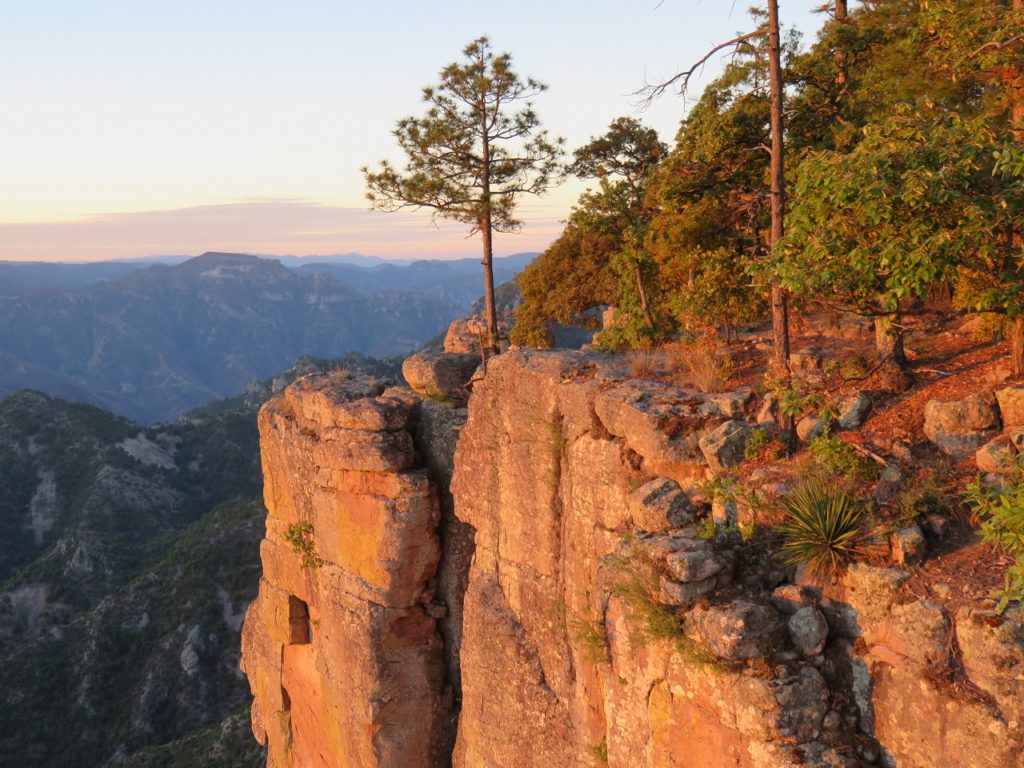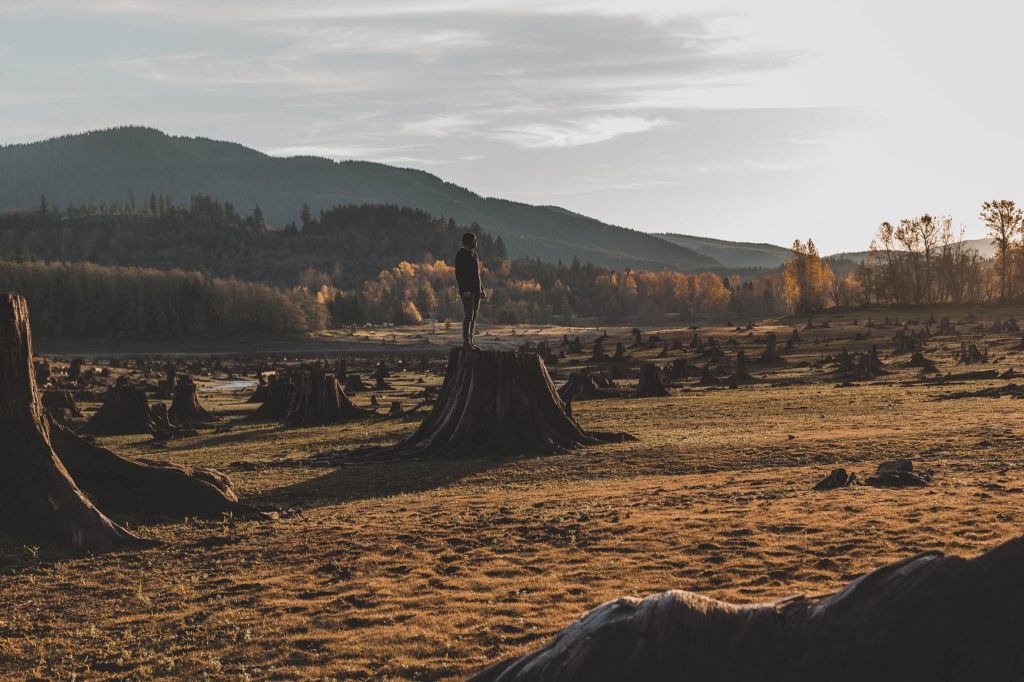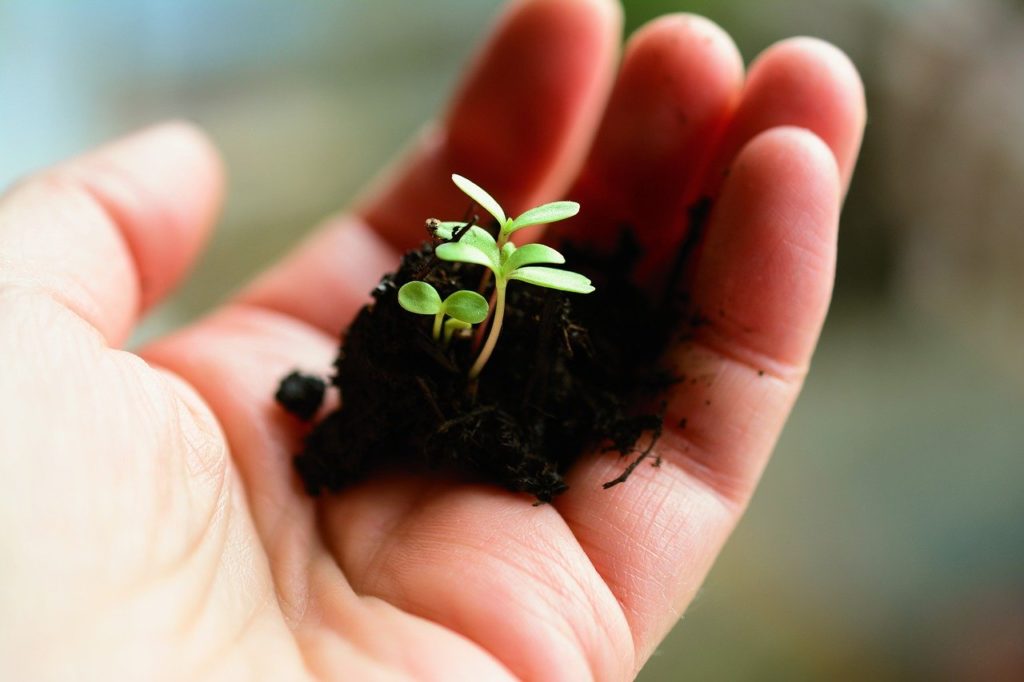The members of the Tarahumara community gathered in front of the Grand Supreme Council of the Sierra Tarahumara to ask authorities for permission to access cannabis cultivation in the community. The representatives presented disagreements and solutions to many problems including to feed communities with cannabis seeds, among many other opportunities offered by the cannabis industry.
Indigenous group requests access to cannabis in Chihuahua


On Jan. 22, members of the Tarahumara community requested an audience with President Andrés Manuel López Obrador to gain authorization for the cultivation of cannabis in Chihuahua. The request intends to solve various problems in the mountains.
Explore the latest marijuana news, lifestyle tips, including what’s new in cannabis legalization, federal and state laws with Hemp.im mobile app.
Mexican indigenous group lists problems in their community
On Jan. 22, Enoel Carrasco Jordan, President of the Grand Supreme Council of the Sierra Tarahumara, in Chihuahua, together with Héctor Manuel Benton Martínez, Master of Sacred Medicine and member of “Rescue of the Indigenous Pericu Ethnic Group” of Baja California Sur, went to the Citizen Attention offices of the National Palace.
The indigenous representatives asked for a meeting to present disagreements on actions carried out by political parties in indigenous regions and other specific groups, as well as the proposal of solutions to many problems. Among these problems are lack of performance and corruption by federal and local public officials in agricultural and judicial matters.
They also pointed out that private projects were approved by the government without the consent of the communities, which has generated irreversible environmental damage to water tables, wells, forests, flora, and fauna.
Tarahumaras look to cannabis in Chihuahua to fix issues
Excessive and illegal deforestation, as a result of the lack of resources and jobs, has become one of the main activities of what is now considered a mafia. Another problem highlighted by the indigenous representative was the lack of food and medicine, mainly in the most remote and marginalized communities.


The members of indigenous groups lamented that the El Encino gas pipeline in Topolobampo affected their plots, while organized crime has focused on clandestine logging in the Chihuahua highlands, so they are seeking to regenerate their lands with the early legalization of cannabis in Chihuahua and Mexico through hemp.
Several scientific studies have shown that cannabis in Chihuahua is a solution for the regeneration and cleaning of contaminated soil. In this sense, indigenous groups want to take advantage of the cannabis industry to work their lands, and thus provide employment opportunities, use ancestral medicine to cure the sick in marginalized areas, feed communities with cannabis seeds, among many other opportunities offered by the cannabis industry.
The solutions proposed by the representatives
Among the solutions proposed by the indigenous representatives are the following: transparency in government processes and respect for the traditional decision-making processes of the assemblies of each community, as well as recognition of the “basic folders” of the indigenous communities within the Federal Courts.
Before any private project is authorized, an environmental and social impact study must be carried out, prior community consultation must take place and a return to the communities must be ensured. This is in addition to repairing the damage already generated.
They also seek to stop deforestation by generating jobs and resources through the development of cannabis in Chihuahua. The industry offers sustainability by repairing soils, creating substantial resource opportunities for communities through the production of materials such as textiles, paper, fuel, and construction material.
Furthermore, the group will receive permission to heal communities through herbal remedies and ancestral medicine with sacred plants, including cannabis in Chihuahua in addition to solving problems of food self-sufficiency through regenerative agriculture, combining cornfields and cannabis cultivation.
The Tarahumara explain why eyes are on cannabis in Chihuahua


The native Tarahumara people demand the recognition of ethnic groups, territorial respect, the autonomy of these groups and respect for Mother Earth; in addition to access to the new industry for cannabis in Chihuahua as a sustainable solution to many of the problems that are currently being experienced and that no one wants to recognize.
At the Citizen Attention Office, they received the documents from the Tarahumara community and indicated that they will call the representatives to follow up on the petitions.
__
(Featured image by Sandra Dempsey via Unsplash)
DISCLAIMER: This article was written by a third party contributor and does not reflect the opinion of Hemp.im, its management, staff or its associates. Please review our disclaimer for more information.
This article may include forward-looking statements. These forward-looking statements generally are identified by the words “believe,” “project,” “estimate,” “become,” “plan,” “will,” and similar expressions. These forward-looking statements involve known and unknown risks as well as uncertainties, including those discussed in the following cautionary statements and elsewhere in this article and on this site. Although the Company may believe that its expectations are based on reasonable assumptions, the actual results that the Company may achieve may differ materially from any forward-looking statements, which reflect the opinions of the management of the Company only as of the date hereof. Additionally, please make sure to read these important disclosures.
First published in CC News, a third-party contributor translated and adapted the article from the original. In case of discrepancy, the original will prevail.
Although we made reasonable efforts to provide accurate translations, some parts may be incorrect. Hemp.im assumes no responsibility for errors, omissions or ambiguities in the translations provided on this website. Any person or entity relying on translated content does so at their own risk. Hemp.im is not responsible for losses caused by such reliance on the accuracy or reliability of translated information. If you wish to report an error or inaccuracy in the translation, we encourage you to contact us.



Comments are closed for this post.